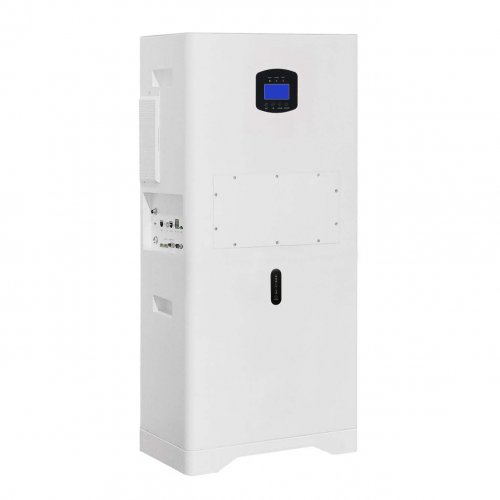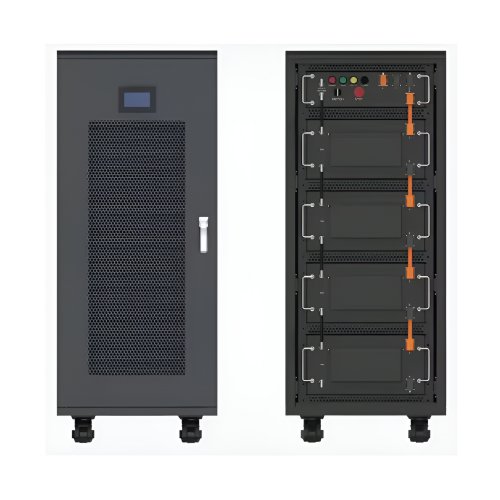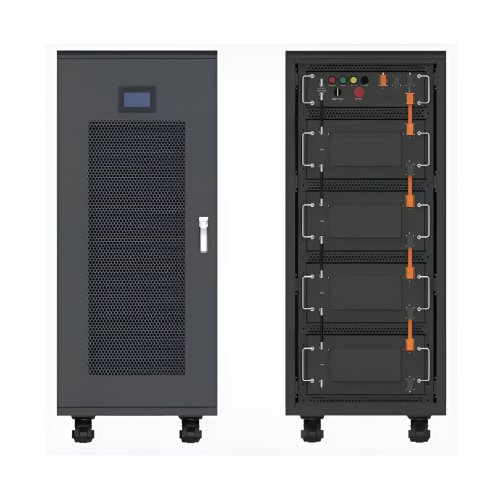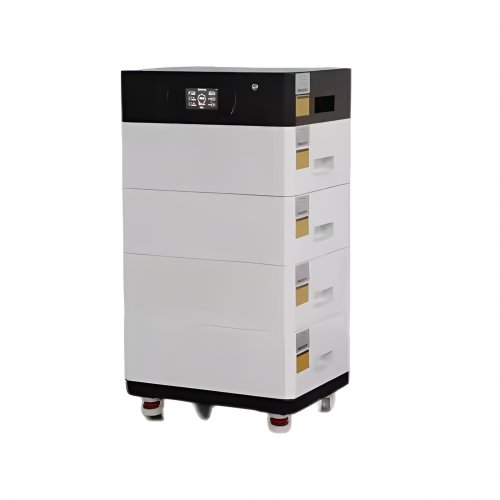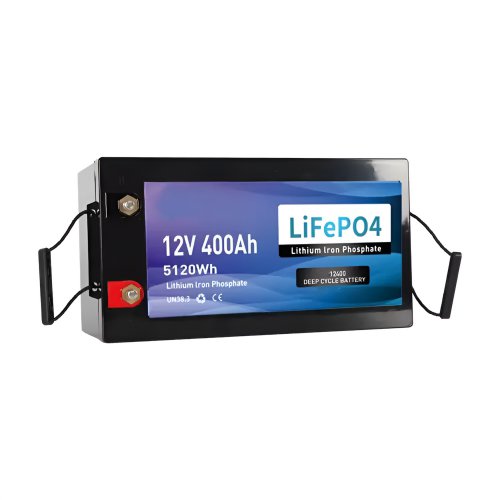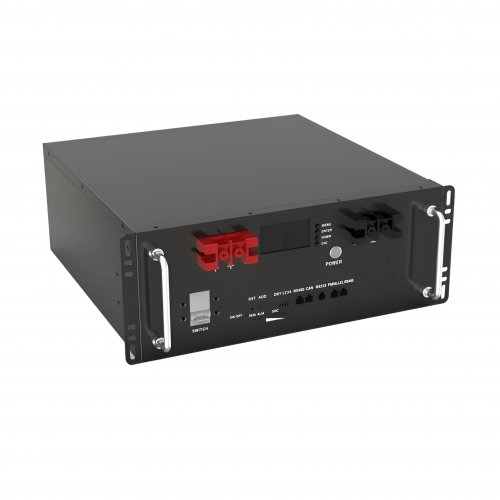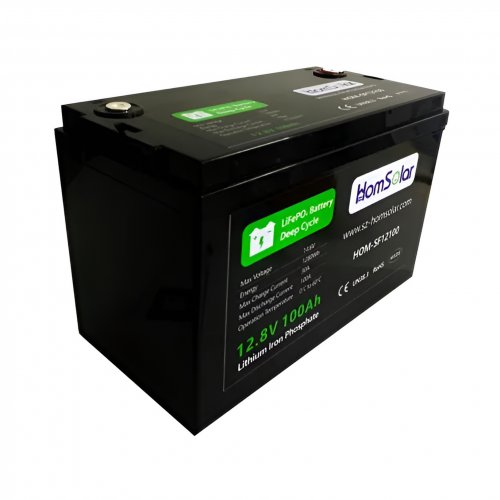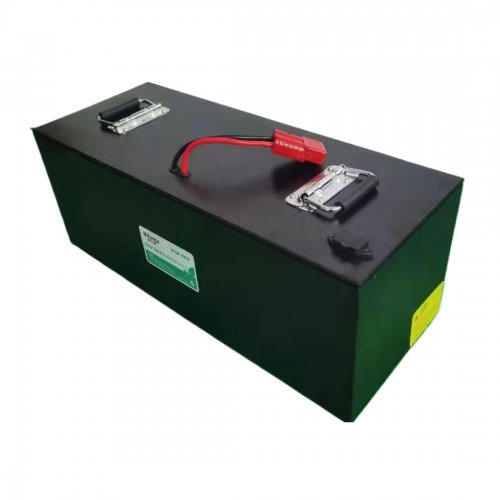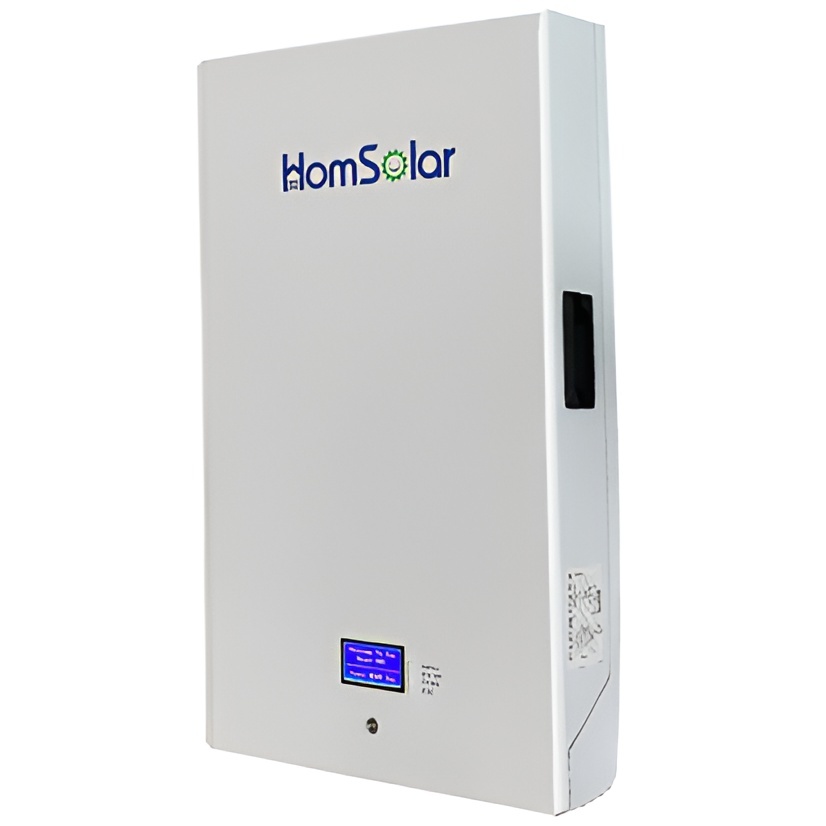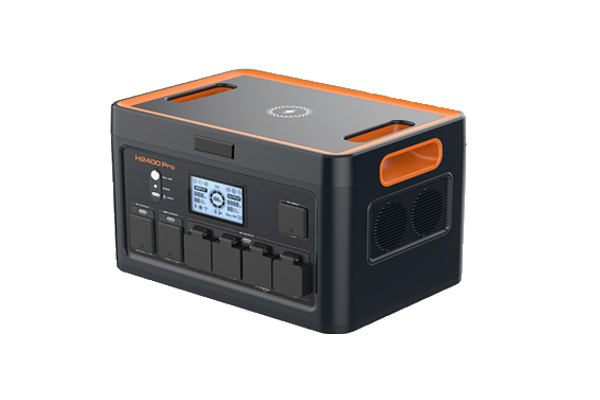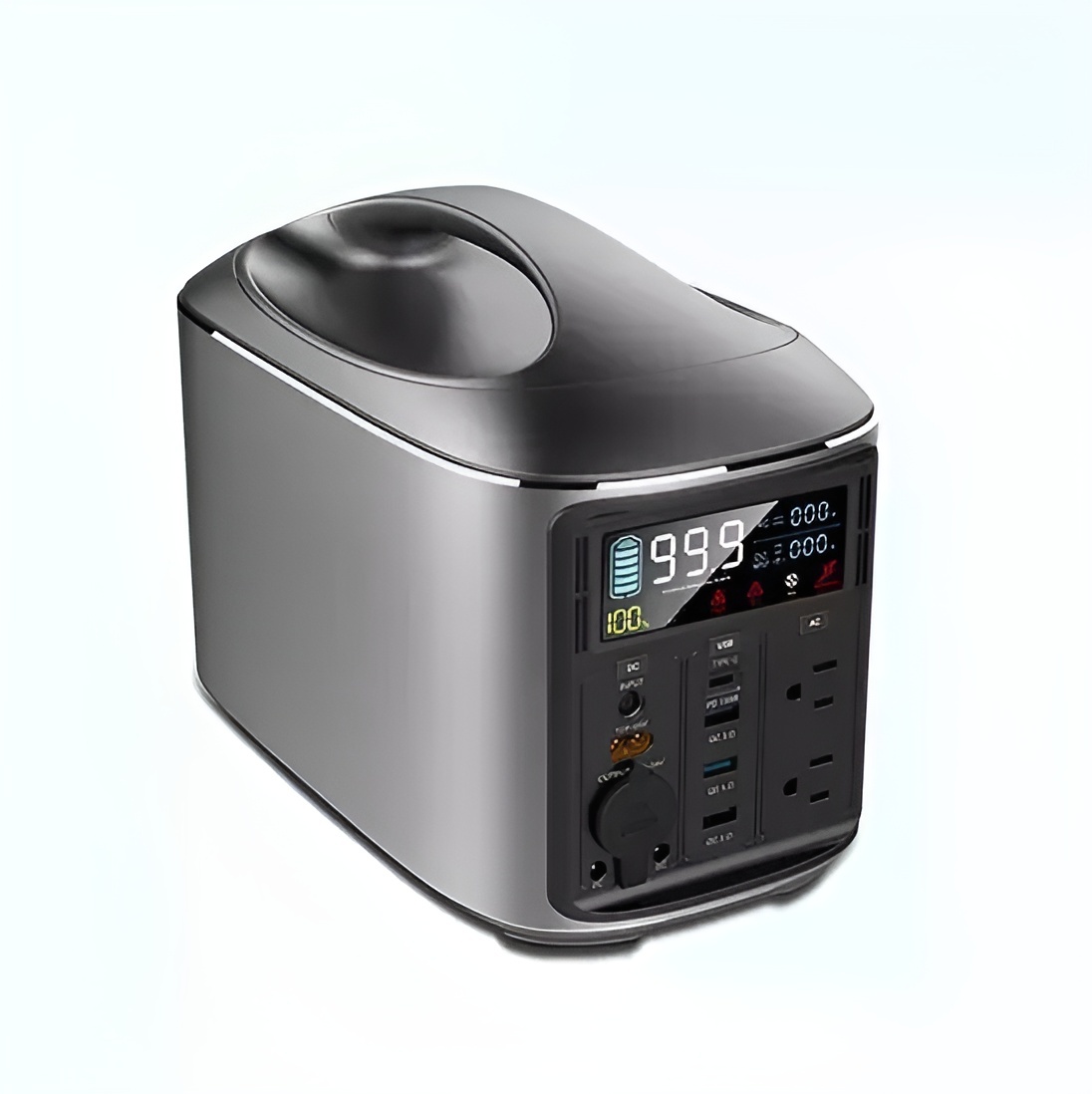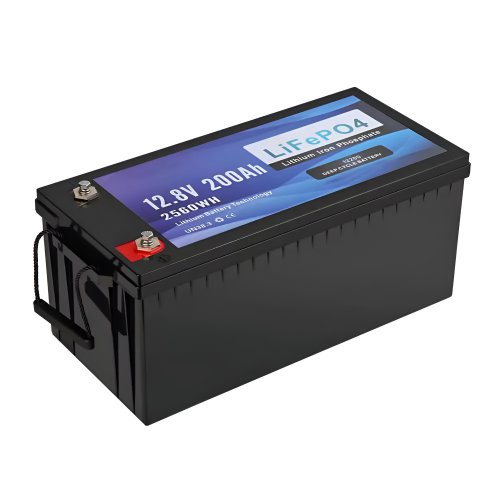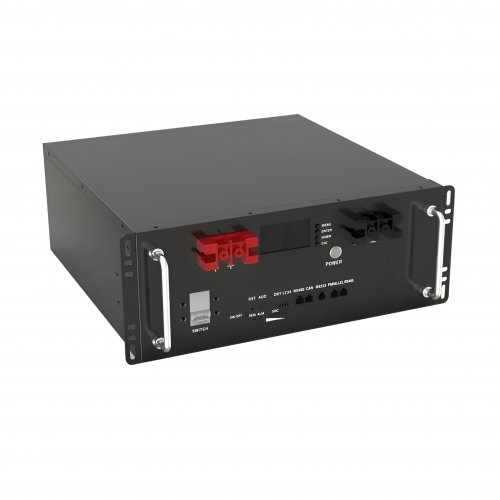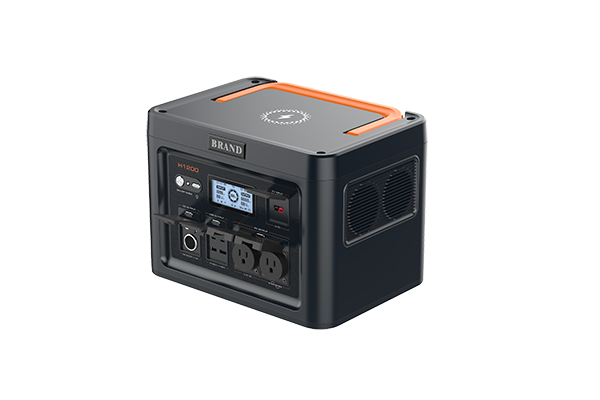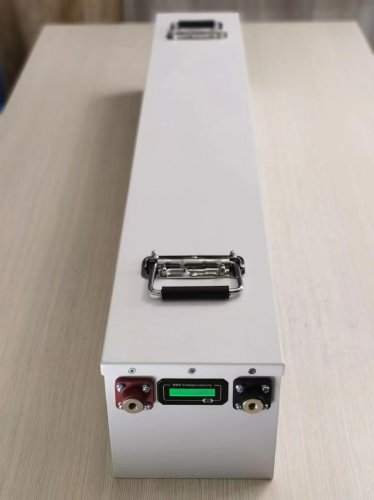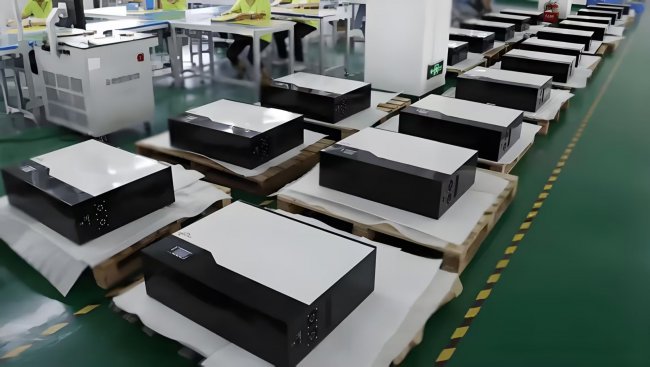Research shows floating PV can reduce lake water temperature by 1.2 C
Researchers from France have conducted a study into the impact of floating PV (FPV) power stations on water temperature in freshwater ecosystems. They have used a before-after-control-impact (BACI) framework to understand those differences.
The team measured six similar lakes, three of them with FPV and three without, over a period of three years.
“Although the effects of FPVs on water temperature are among the most frequently studied impacts of this emerging technology, most empirical research has primarily focused on small-scale pilot installations and short-term observations, strongly limiting the robustness of our knowledge,” they said.
“FPV power plants are becoming a conspicuous part of the landscape and, to date, long-term empirical assessments at the ecosystem scale of the global effects of FPVs on lake temperature, with robust experimental designs, are still lacking.”
This study was performed from December 2020 to December 2023 in six close gravel pit lakes located in the Garonne River floodplain, southwestern France. Temperature measurements were taken via buoys attached to a mooring with loggers deployed up to a depth of four meters. About one year into data collection, FPV was installed in three lakes, enabling a before-after analysis.
FPV power plants covered 40.3%, 51.5%, and 55.5% of the lakes, with an average coverage of 49.1%. Each FPV-covered lake, or “impact” lake, was paired with a “control” lake without FPV. They were paired based on their hydromorphological similarities, established using a principal component analysis (PCA) performed on environmental parameters. Those environmental parameters were surface-to-volume ratio, maximal depth, perimeter, and elevation.
Per the results, before FPV installation, water temperature averaged 15 C and 15.3 C in the FPV and non-FPV lakes, respectively; while after installation, they averaged 16.9 C and 18.1 C.
“Overall, the presence of FPV power plant decreased water temperature by 1.2 C compared to lakes without FPV power plant,” the academics highlighted.
This reduction in temperature changed significantly between seasons. A mean difference of 2.3 C between the control and impact lakes was recorded in spring, while in summer, the mean reduction was 1.9 C. The reduction was much lower in winter and autumn, with only 0.6 C of mean difference.
“On average, a reduction of water temperature of 0.08 C between FPV and non-FPV lakes was observed when air temperature increased by 1 C. When the average daily air temperature was <10 C, the predicted reduction of water temperature was very limited (<0.5 C). When the average daily air temperature was >30 C, the reduction of water temperature was >2 C. The highest differences in water temperature reached >3 C,” they added. “In lakes containing FPV power plants, water temperature measured in the area covered with FPV did not differ significantly from the water temperature measured in the uncovered area.”
In concluding their research, the team added that “in the context of climate warming, decreased water temperature in summer could benefit freshwater organisms, but these benefits could be counterbalanced by other negative impacts such as decreases in dissolved oxygen and modifications in the carbon cycle (C cycle), including greenhouse gas emissions. Therefore, the cascading effects of FPV on freshwater biodiversity and ecosystem functioning still need to be assessed.”
The results were presented in “Floating photovoltaics strongly reduce water temperature: A whole-lake experiment,” published in the Journal of Environmental Management. Scientists from France's University of Toulouse and Claude Bernard University Lyon 1 have conducted the study.
Customized/OEM/ODM Service
HomSolar Supports Lifepo4 battery pack customization/OEM/ODM service, welcome to contact us and tell us your needs.


HomSolar: Your One-stop LiFePO4 Battery Pack & ESS Solution Manufacturer
Our line of LiFePO4 (LFP) batteries offer a solution to demanding applications that require a lighter weight, longer life, and higher capacity battery. Features include advanced battery management systems (BMS), Bluetooth® communication and active intelligent monitoring.

Customised Lithium Iron Phosphate Battery Casing
ABS plastic housing, aluminium housing, stainless steel housing and iron housing are available, and can also be designed and customised according to your needs.

HomSolar Smart BMS
Intelligent Battery Management System for HomSolar Energy Storage System. Bluetooth, temperature sensor, LCD display, CAN interface, UART interface also available.


Terminals & Plugs Can Be Customized
A wide range of terminals and plugs can be customised to suit the application needs of your battery products.

Well-designed Solutions for Energy Storage Systems
We will design the perfect energy storage system solution according to your needs, so that you can easily solve the specific industry applications of battery products.



About Our Battery Cells
Our energy storage system products use brand new grade A LiFePO4 cells with a battery lifespan of more than 4,000 charge/discharge cycles.



Applications in Different Industries
We supply customized & OEM battery pack, assemble cells with wiring, fuse and plastic cover, all the cell wires connected to PCB plug or built BMS.
Applications: E-bike, Electric Scooter, Golf Carts, RV, Electric Wheelchair, Electric Tools, Robot Cleaner, Robot Sweeper, Solar Energy Storage System, Emergency Light, Solar Power Light, Medical Equipment, UPS Backup Power Supply.
We can provide you with customized services. We have the ability to provide a vertical supply chain, from single cells to pack/module and to a complete power solution with BMS, etc.


HomSolar (Shenzhen) Technology Co., Ltd







